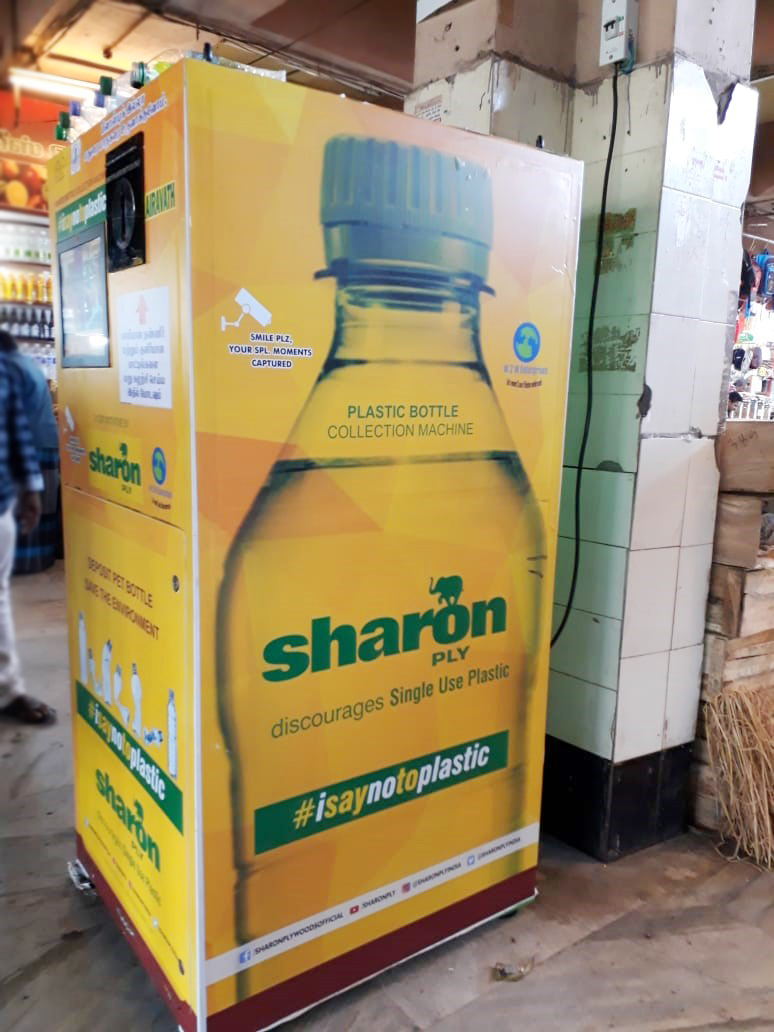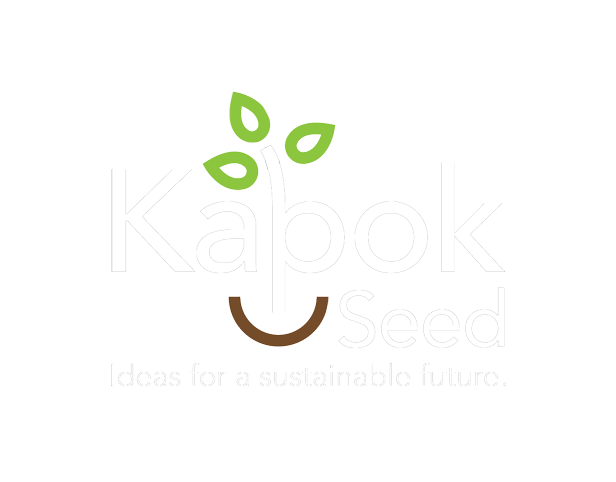Plastic, as we know, is all-pervasive. If an object is not made of plastic, it is wrapped in plastic. Worldwide, we use around 5 trillion plastic bags a year and we purchase around 1 million plastic drinking bottles every minute. Since it’s inception about six decades ago, 8.3 billion metric tons of plastic has been manufactured worldwide. 91% of this plastic is not recycled. Most of this ends up in our water bodies.
A glaring example of this is the Great Pacific Garbage Patch that has an area of 1.6 million km2, 3 times the size of France. Smaller examples can be seen around the local lakes and rivers in various cities in India.
Recycling plastic seems to be a no-brainer. Yet, we see abysmally low rates of recycling. While awareness on recycling on the rise, a survey conducted by Green Sutra revealed that 9 out of 10 people would tend to recycle plastic more if it was easier and if there was more awareness on the end use of recycled plastic.
W2W Enterprises – Simple Approach to Recycling
What if we say that we came across an innovation that does exactly that?
W2W Enterprises, a startup that is just over 6 months old, has a surprisingly simple solution to make it easy for consumers to recycle plastic. They have developed a machine that collects PET bottles for easy integration into the recycling system. What makes this machine different is that it shreds the bottles as it collects them. This makes it tremendously easy for pickup and transport. Aptly named Airavath, to address the elephant in the room, this machine is about as big as a medium-sized refrigerator and can be placed anywhere where there is a power source. The machine itself is sturdy and secure and can be safely placed in public places such as malls, bus stands, and airports.

Each machine has the capacity to shred 25 bottles per minute and has a capacity to hold shredded waste of about 5000 PET bottles!
The built-in IOT system enables easy information access on the location and status of collection, which, in turn, enables easy pick-up and disposal. Shredded plastic presents a far less volume than PET bottles, hence transport is made more efficient. Electricity consumption for this machine is low, just about 2 units per day, and the team is working on installing solar panels for their outdoor installations.
Check out this video of Airavath working.
So, what happens to the plastic they collect? It is integrated seamlessly into the recycling system through use in road tar and yarn-making.
How is this relevant?
How many times have you picked up a plastic bottle while traveling or while at conferences and public events? How many times have you actually put it in a recycling bin? Do you really know whether and how the plastic bottle is recycled?
As per data from 2016-2017, India consumed about 16.5 million metric tons of plastic in this year alone. In 2016, India promulgated the Plastic Waste Management Rules that mandated Extended Producers Responsibility. Producers and brand owners were to institute take-back and collection systems for the plastics they produced. However, implementation has been very slow. It is estimated that of the 40,000 metric tons of plastic produced everyday, only about 60% is recycled. The rest ends up in dumps and landfills, which ultimately make their way into water bodies and oceans.
There is a real need to look at this differently, to enable ease of implementation so more plastic gets into the recycling stream.
Is there an alternative to plastic?
The last few years has seen an increase in the manufacturing and availability of bio-degradable plastic bags. Research is ongoing to find alternate, more eco-friendly alternatives for plastic. Consumer habits are changing, yet the change is slow for various reasons including cost, convenience and lack of widespread availability of alternatives. Meanwhile, we still have many million tons of plastic still in circulation!
Meet the Innovators!
This simple, yet novel idea to enable higher recycling rates was born to two enterprising women – Dr. Dhanalakshmi and Mrs. Priya Magesh Kumar. Dr. Dhanalakshmit has a PhD in Business Administration by Madurai Kamaraj University for her thesis in Entrepreneurship and is passionate about empowering marginalized sections of the society through entrepreneurship. Mrs. Priya Magesh Kumar is an educationist dedicated to teaching underprivileged children, and the Co-Founder of W2W Enterprises. Armed with master’s in computer management education, she has traveled widely in in India, and understands pulse of consumer behavior. Mr. Magesh Kumar is the business development and strategic advisor who is passionate about market penetration of a solution that encourages responsible behavior.
Implementation
So far, Airavath has been successfully implemented in Madurai and Coimbatore, in cooperation with their respective municipal corporations. They are looking to expand Pan-India through corporate CSR programs and municipalities. More information can be found on their website at http://w2wenterprises.com/ or via the contact information provided below:
Mr. Magesh Kumar: [email protected] OR at [email protected]
References:
The World Counts: http://www.theworldcounts.com/stories/Plastic-Waste-Facts
Earth Day: https://www.earthday.org/2018/03/07/fact-sheet-end-plastic-pollution/
The Energy and Resources Institute: https://www.teriin.org/sites/default/files/files/factsheet.pdf
Center for Science and Environment: https://www.downtoearth.org.in/news/waste/breaching-the-threshold-60748

